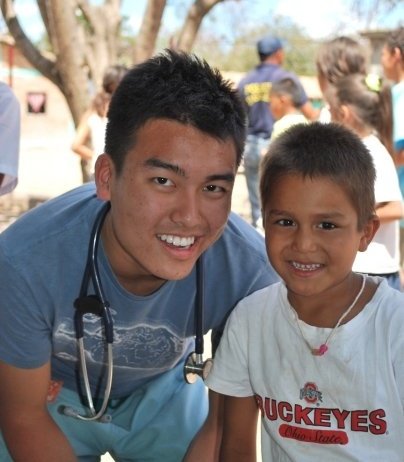This week's reading assignment involved reading Carrie Mannning's The Politics of Peace in Mozambique: Post Conflict Democratization, 1992-2000. After reading Anne Pitcher's book in the beginning of the semester, it was very interesting to compare and contrast the tones that these two researchers used in describing Mozambique. Anne Pitcher describes Mozambique and its political development on a more technical and slightly more critical tone; however, Carrie Manning describes Mozambique and its continued efforts for democracy in an objective and optimistic tone. I say this because Anne Pitcher's book focused mainly on the economic struggles and problems that Mozambique had to deal with. However, Manning's book analyzed Mozambique and its problems in the people's point of view. I think this approach gave the book a slightly more personal feeling and made readers understand the situation slightly better.
For example, Manning explained that most of the information from Chapter 4 is directly "gathered through extensive, structured interviews with seventy-two Renamo officials at various levels of authority." By talking to the Renamo leaders, Manning obtained a valuable insight into what the Renamo party is all about. It is easy to just believe that Renamo is a "grotesque campaign of terror against Mozambican civilians." However, Manning does not leave the impression of Renamo here. Instead, she tried to understand the reasons why Renamo came to be that way in the first place. I believe this is why Manning treats Renamo not necessarily as a group of violent rebels, but as a group of people who are trying to have their say in government.
The most surprising thing that struck me during this reading was the incredible international financial support that was given to Renamo during the peace treaty talks in Rome. Renamo was promised $15 million from Italy and another $17 million from other opposition parties when they signed an agreement in December 1992. However, when they did not receive the money until March 1993, Renamo decided to stop all peace talks. At this point, Renamo had the international community in its hands because the UN set up a trust fund and it was initially deposited with $17 million. Not only was the Renamo party receiving support for the stability of their new party, but they were also receiving some nice perks as well. For example, Italy was providing Renamo with food and rent money (almost $65,000 for the month of March) and England was providing Renamo with $28,000 worth of office equipment.
Finally in Chapter 9, the most surprising thing that I read was that even though Frelimo won the election in 1999, an international post-elections team found that there were some doubts about the election. While Renamo's weaknesses were shown once again with their subsequent loss in 1999, the entire political system in Mozambique suffered a great loss with this discovery. People need to trust their electoral system and believe that their vote will count towards the appointment of their next president. With the continued "elite habituation" of the two political parties in Mozambique, it will be interesting to see how the elections will turn out when we are there. Only a few weeks ago I read an article that had Renamo party officials blaming Frelimo of tampering with the electoral system. Hmm, the elections did not even occur...
It will be interesting to connect what we read in class to what is going on in the country around us!
Women's Place...
16 years ago

No comments:
Post a Comment